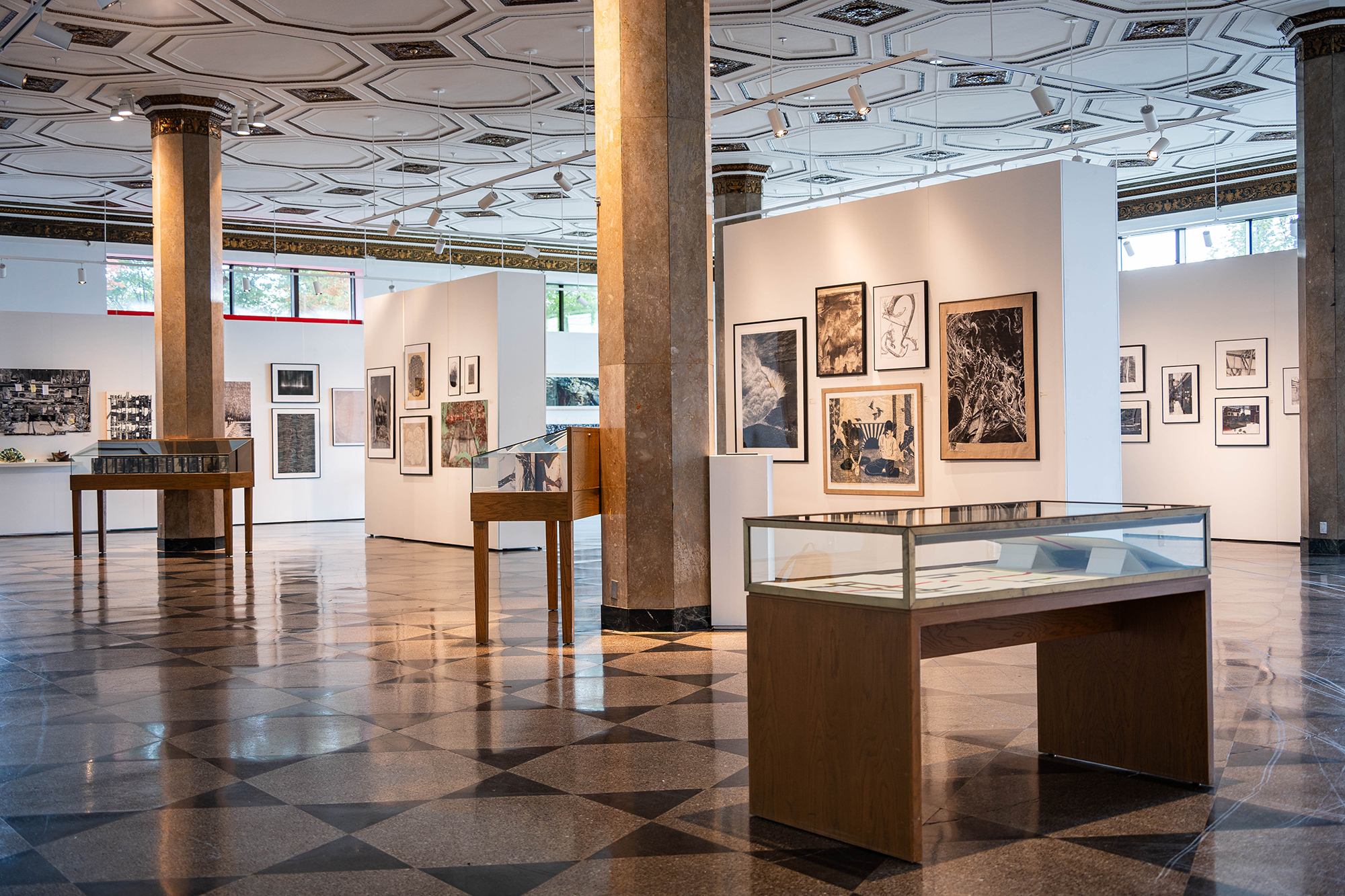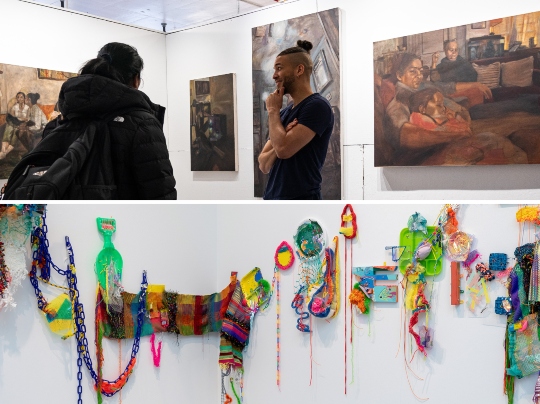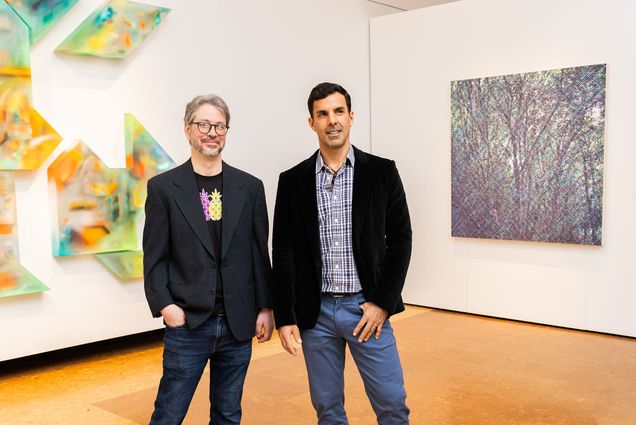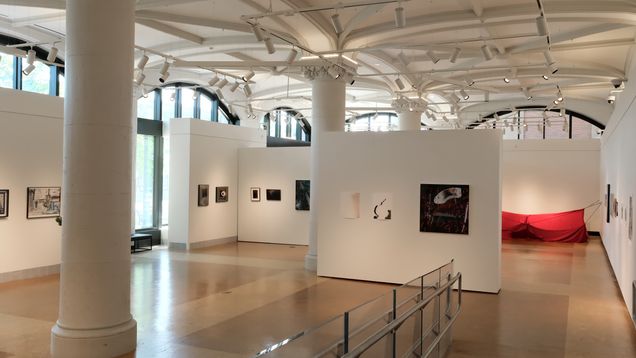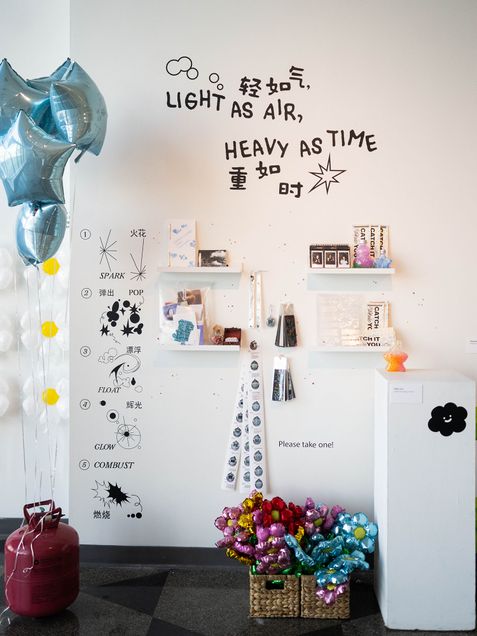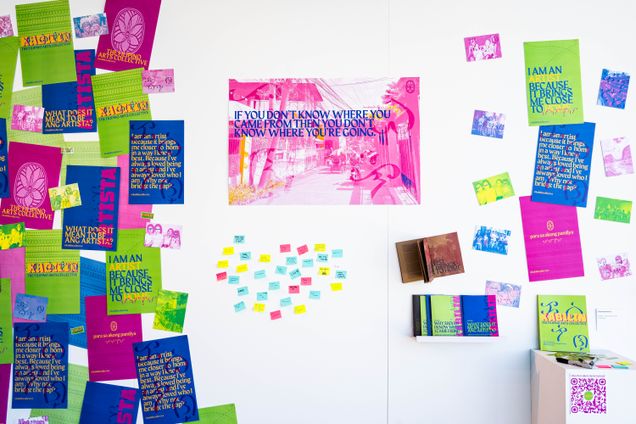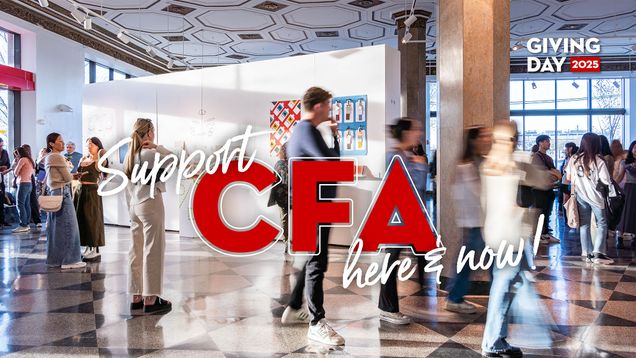Boston University Art Galleries
Welcome to BU Art Galleries!
BUAG is a vibrant resource of learning and cultural engagement for BU, the city of Boston, and the surrounding metro area. The galleries, which are free and open to the public, maintain ongoing rotating exhibitions that feature a wide scope of art from all ranges of mediums and artists.
Explore current and upcoming exhibitions, check out past exhibitions, and learn more about gallery hours and events.

